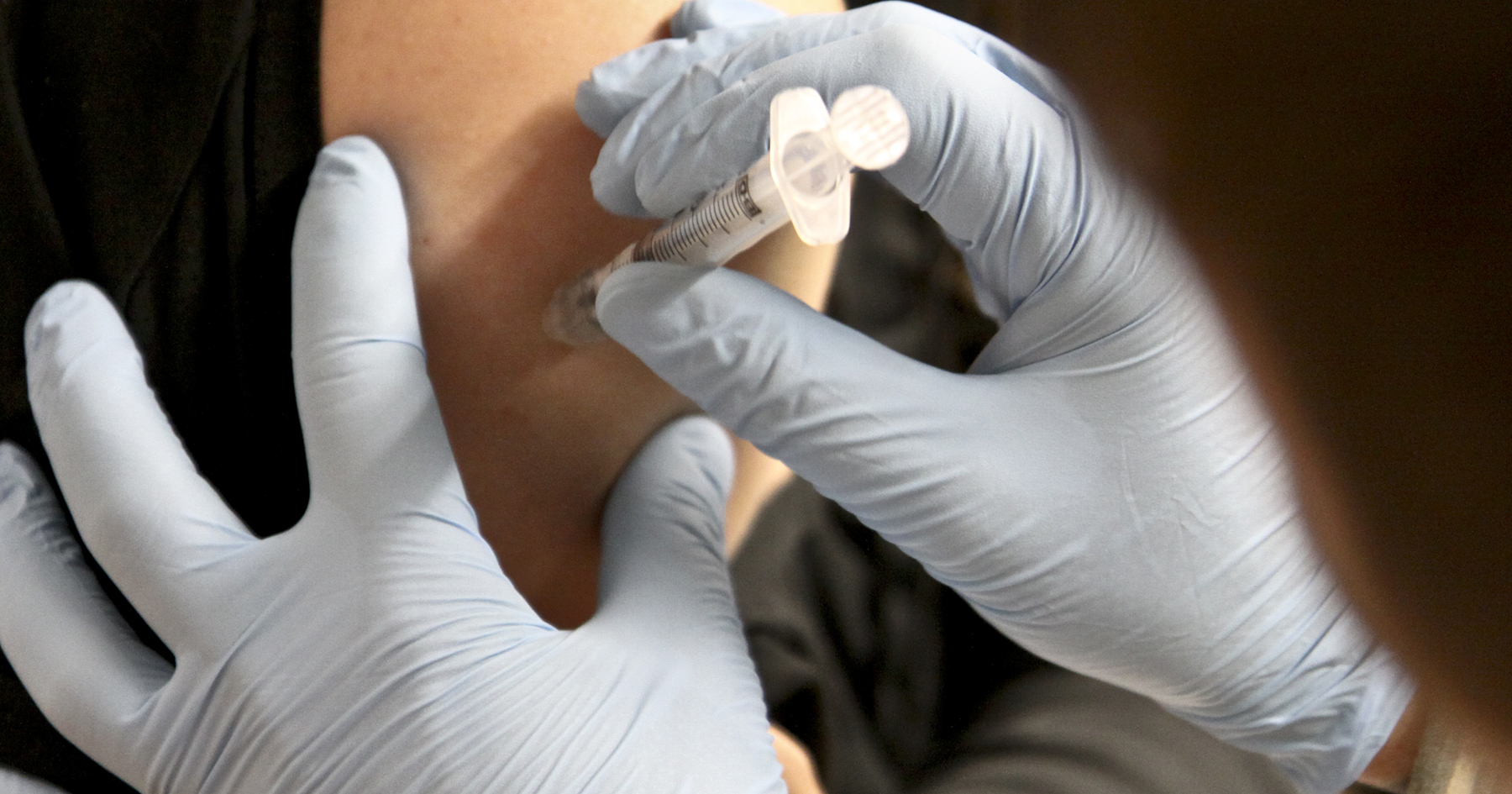What Most People Get Wrong About the Flu Shot
By:
It’s that time of the year. There’s is a nip in the air, parties in tight quarters, and hot spiced drinks. No, we’re not talking about the holidays:
Flu season is here.
It begins in October and hits its first spike in December before building to an all-time seasonal high in February, according to the Centers for Disease Control. During this time it puts about 200,000 in the hospital.
ALSO: What Happens When You Stop Bathing
Don’t get caught in the wave of sickness. Here are the facts:
Myth 1: If you’re young, you’re off the hook.

Millennials are in no way immune to the flu. While the groups listed most at-risk include pregnant women, seniors, people with existing health conditions, and travelers, perfectly healthy and young people could contract the infection as well.
Even at greater risk could be their younger counterparts.
From 2014 to 2015, the CDC reported 147 influenza-associated pediatric deaths. The age group affected the most within this demographic were kids ages five to 11, which accounted for more than 30 percent of deaths.
And let’s not forget that the H1N1 influenza strain was has been more selective than in year’s past. H1NI hit those between ages five and 24 the hardest. Forty-one percent of those hospitalized were children and young adults.
More alarming is the number of college students not getting their flu shots, even after the H1N1 epidemic. A study conducted by Janet Yang, a professor at the University of Buffalo, revealed that one year, only about eight percent of college students got the vaccine.
RELATED: Ways to Avoid the Common Cold
Myth 2: If you get the shot, you’ll get sick.
 Flickr/U.S. Army Corps of Engineers - flic.kr
Flickr/U.S. Army Corps of Engineers - flic.kr
Bear in mind that the vaccine takes two weeks to kick in with full protection.
That said, people could get sick within days of getting the shot. Perhaps the flu was contracted days before or after going to doctor’s office, and you could still get sick within a few days of your appointment.
Flu vaccines are made either with “inactivated” and non-contagious viruses or zero flu viruses. Put simply, the shot can’t get you sick.
But getting the shot could make you feel a little queasy, even if you don’t have the flu. Side effects include soreness and redness at the location of the shot and a common fever or muscle aches.
If you get the shot, then you will want to consider isolating yourself from others to prevent spreading the infection.
Some studies suggest that repeated vaccination could mean it gets less and less effective every time — this still stumps researchers. But it is a better scenario than not getting one at all.
Myth 3: The shot is not needed yearly.
As is the case with many viruses, the flu continues to mutate. To combat the evolving bug, the World Health Organization chooses the strains that are most likely to spread each year, NPR reports. That means that the ensured protection you got from the vaccine last year could have hit an expiration date by this year.
